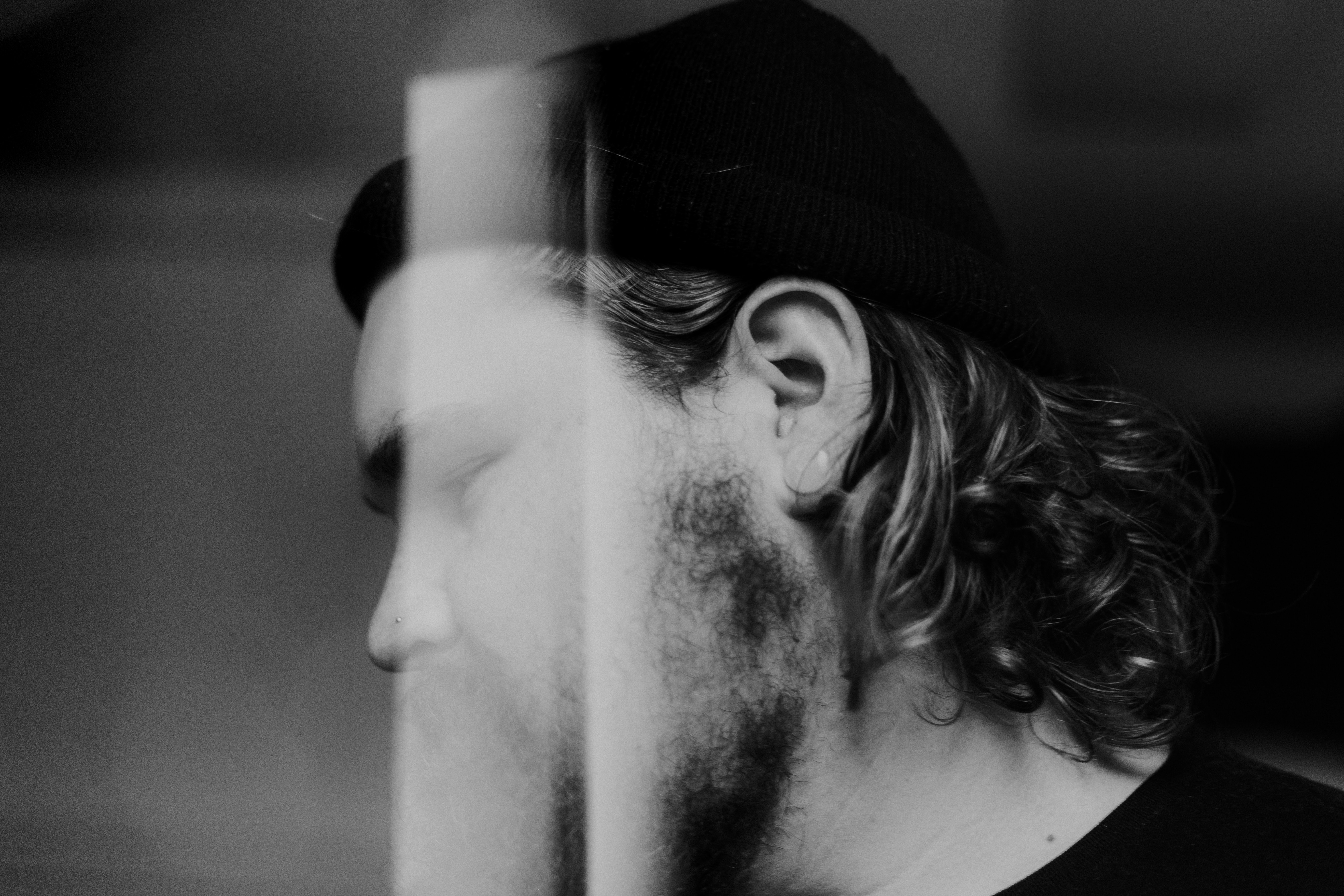The mangosteen, a tropical fruit native to Southeast Asia, could be used to help mitigate bipolar depression.
Each year, one in 50 adult Australians will experience bipolar disorder.
This chronic mental health condition requires ongoing medical and psychological treatment. For some, traditional treatment may not be enough to manage their symptoms.
But research suggests that the rind of the mangosteen fruit could potentially supplement existing bipolar medication.
This has been explored in two clinical trials run by Deakin University’s Centre for Innovation in Mental and Physical Health (IMPACT).
What are the current treatments like?
Bipolar disorder consists of two phases; manic and depressive.
Manic episodes involve a high mood or level of agitation. Depressive episodes involve a low mood often accompanied by feelings of hopelessness and extreme sadness.
Those living with bipolar disorder can oscillate between the two episodes. These can last for more than a week, making it difficult to cope and carry out daily tasks.

Associate Professor Olivia Dean, director of IMPACT TRIALS, says that current treatments tend to address one episode more than the other.
“They generally do better at treating the manic symptoms than they do the depressive symptoms,” she says. “There’s a gap in treatment.”
It’s unclear why current treatments are more responsive to the manic phase. This is particularly problematic, as most people living with bipolar disorder will spend more time in the depressive phase than the manic phase.
“Obviously, this has consequences on their lives,” A/Prof Dean says. In Australia, the risk of suicide for those living with bipolar disorder is 17 times higher than that of the general population.
“We’re looking at biological targets that might be unaffected by conventional medications or psychotherapy to fill that gap,” A/Prof Dean says.
Rich in antioxidants
The mangosteen is native to Southeast Asia. Its fruit is creamy white and divided into segments, like a citrus.
However, it is the leathery rind—or pericarp—that researchers believe may be useful in treating depressive symptoms.
The rind is particularly thick, a natural way of shielding the fruit inside from harm.
“This can provide protection from natural invaders, inflammation and oxidative damage,” A/Prof Dean explains. “It has inherent properties that we think might be useful.”
The pericarp also has roots in traditional medicine, and has been used to treat abdominal pain, diarrhoea and infected wounds. This is due to how rich it is in bioactive compounds, or chemicals that cause a biological reaction.
Some of these compounds are flavonoids.
Flavonoids are responsible for the vivid colours found in fruits and vegetables and can be used to explain why eating a wide range of fruit and vegetables is so healthy.

They also act as antioxidants, which can help to restore chemical balance in the brain.
“In bipolar disorder, there are changes in inflammatory and antioxidant defences, in addition to changes in neurotransmission,” A/Prof Dean explains.
“We think this might be contributing to the symptoms of bipolar disorder.”
“We hope that if we can target these pathways directly using the pericarp, we can improve depressive symptoms.”
The current clinical trial
The effectiveness of mangosteen pericarp on bipolar depression is currently being explored in a clinical trial, which has been running since 2018.
Participants are required to take two capsules once a day, as a supplement to their existing medication.
The trial is placebo-controlled, meaning that some participants will receive the mangosteen supplement, and others will not. It’s also double-blind, so neither the participants nor those running the trial will know for sure who is taking the supplement.
However all participants remain on their usual treatment while on the trial.
If the study is positive, then those who have taken the mangosteen extract in addition to their regular medication will experience a better outcome in their depressive symptoms than those who took the placebo.

Mangosteen has previously been trialled as a supplement to treat schizophrenia. Pilot data suggested that it could successfully improve depressive symptoms over the course of the trial.
The results of that trial are set to be released later this year.
This research is still in its early stages. But pills containing mangosteen have been sold over-the-counter for quite some time – from appetite suppressants to treatments for gum disease.
There’s no scientific evidence to suggest that mangosteen can help you mitigate weight gain or keep your teeth from falling out. But the fact that it’s been sold commercially suggests that it’s well-tolerated as a general health supplement.
“This is good for people who are taking medications, especially ones that can have some significant side effects,” A/Prof Dean says.
“It means that people could take an extra treatment without extra side effects.”
A/Prof Dean says it’s too early to say exactly how effective the fruit could be in treating bipolar depression.
“I wouldn’t like to speculate at this stage,” she says. “There’s enough theoretical support to have moved forward with a clinical trial, so we’re hopeful.”
The trial is in its final stages of recruiting participants. If you would like an opportunity to take part, you can contact the researchers at IMPACT.
Trial sites are located in Geelong, Melbourne and Brisbane.



